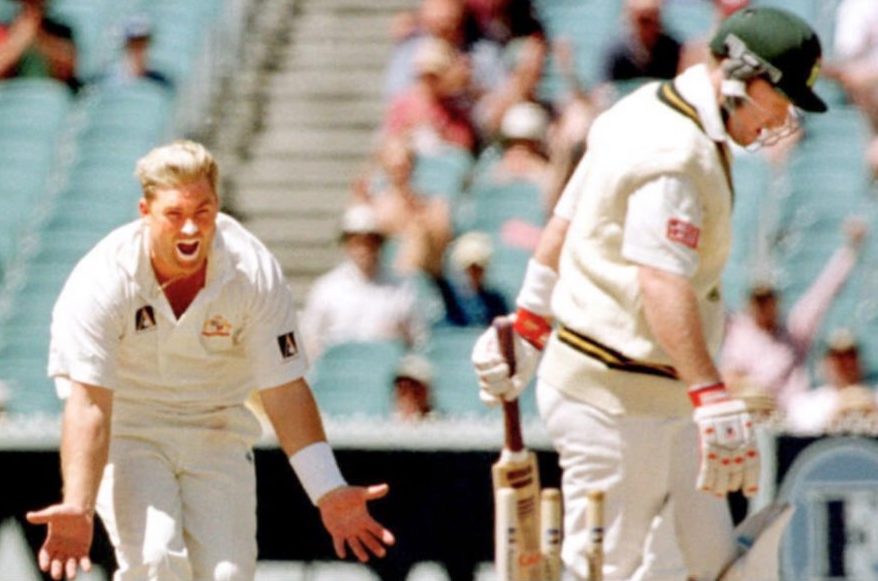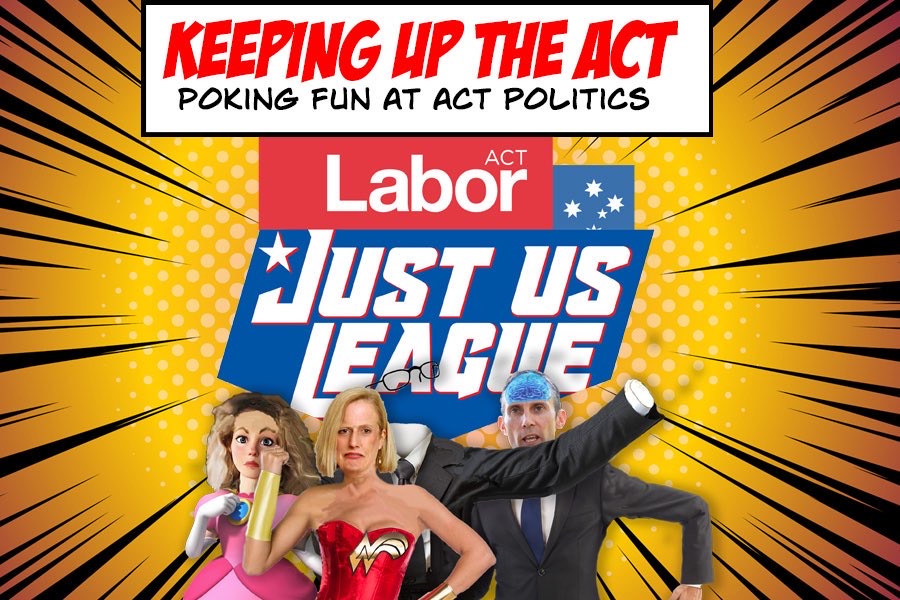
“There can be little real satisfaction in winning by undermining an opponent’s mental health,” writes “Whimsy” columnist CLIVE WILLIAMS of sledging – the verbal taunts, insults or provocative comments used to unsettle an opponent and gain a psychological advantage.
SLEDGING in sport refers to the use of verbal taunts, insults or provocative comments to unsettle an opponent and gain a psychological advantage.

I should say at the outset I don’t approve of sledging; it would certainly not be tolerated in most modern work environments.
Most sledging never gets reported, but there have been some well-publicised cases.
Most international cricket teams sledge to some extent, with the Australian cricket team and some players being especially well-known for it.
Sledging in cricket can be merely a fielding player “chirping” constantly to a batsman to try to put him or her off their game, but may include fielding players questioning a batsman’s background, sexual prowess, sporting ability etcetera.
During the 1999 Test series between Australia and South Africa, bowler Shane Warne sledged South African batsman Daryll Cullinan, mockingly commenting: “I’ve been waiting two years for another chance to humiliate you”. Cullinan replied disparagingly: ”Looks like you spent it eating”. Even so, Warne’s taunts seem to have disrupted Cullinan’s focus, leading him to have low scores when Warne was bowling.
During the 2005 Ashes series between England and Australia, England fast bowler Andrew Flintoff taunted Australian fast bowler Brett Lee (who was batting) saying: “It’s not easy out here, mate”. Flintoff’s comment aimed to remind Lee of the pressure he was under to get a good batting score, and undermine his self-confidence.
A memorable sledging incident involved Indian cricketer Harbhajan Singh and Australian all-rounder Andrew Symonds (who was of West Indian origin) during a 2008 Sydney Test match. Harbhajan allegedly made a racial slur, leading to a heated exchange between the players of both sides. It nearly led to an Indian walkout and cancellation of the series.
Rugby, a sport renowned for its physicality, is no stranger to sledging. In a Six Nations clash between England and Wales in 2015, English rugby player James Haskell attempted to distract Welsh kicker Dan Biggar by repeatedly questioning his kicking ability and composure. That seems a bit mild for rugby, but as Oscar Wilde observed, it’s a barbarian’s game played by gentlemen.
Basketball, with its close proximity between players, provides ample opportunities for up-close and personal sledging. The on-court battles between basketball legends Larry Bird and Magic Johnson included relentless verbal jabs, with each player attempting to unsettle the other. In 2010, during a basketball playoff game between the Boston Celtics and Miami Heat, Kevin Garnett, a Celtics player, cruelly told Miami’s Charlie Villanueva that he looked like a cancer patient due to Villanueva’s alopecia condition (an alopecia victim’s immune system attacks hair follicles and causes hair loss).
Soccer has had its share of sledging episodes. Before the 2006 FIFA World Cup final between Italy and France, French captain Zinedine Zidane was taunted by Italian defender Marco Materazzi. The exchanges between the two escalated, resulting in Zidane head-butting Materazzi. This incident led to Zidane’s expulsion from the match. (France then lost 3-5 to Italy in a penalty shoot-out.)
In 2015, Australian tennis icon Nick Kyrgios attracted adverse attention when he sledged his opponent and World No 5, Stan Wawrinka, during a Rogers Cup match in Montreal, reportedly saying: “Kokkinakis banged your girlfriend. Sorry to tell you that mate”. Wawrinka retired with a back problem midway through the third set, at 4-0 down, and Kyrgios progressed to the third round of the tournament.
In the short term, sledging can destabilise an opponent, leading to decreased performance, emotional outbursts, or retaliation. Sledging’s long-term consequences are less well-known. Athletes subjected to intense sledging may experience psychological trauma, lowered self-esteem, lack of confidence, and reduced enjoyment of their sport.
Sometimes sledging can backfire on the sledger – as was the case with Australian cricketer Glenn McGrath to Zimbabwean cricketer Eddo Brandes:
McGrath: “Oi Brandes, why are you so fat?”
Brandes: “Because every time I make love to your wife, she gives me a biscuit.”
And with Australian cricketer Rod Marsh to English cricketer Ian Botham:
Marsh: “So how’s your wife and my kids?”
Botham: “Wife’s fine; kids are retarded.”
Nevertheless, sledging can undermine the spirit of sportsmanship and tarnish the reputation of those involved. I believe that sports bodies should do their best to crack down on sledging – after all, there can be little real satisfaction in winning by undermining an opponent’s mental health.
Clive Williams is a Canberra columnist.
Who can be trusted?
In a world of spin and confusion, there’s never been a more important time to support independent journalism in Canberra.
If you trust our work online and want to enforce the power of independent voices, I invite you to make a small contribution.
Every dollar of support is invested back into our journalism to help keep citynews.com.au strong and free.
Thank you,
Ian Meikle, editor









Leave a Reply